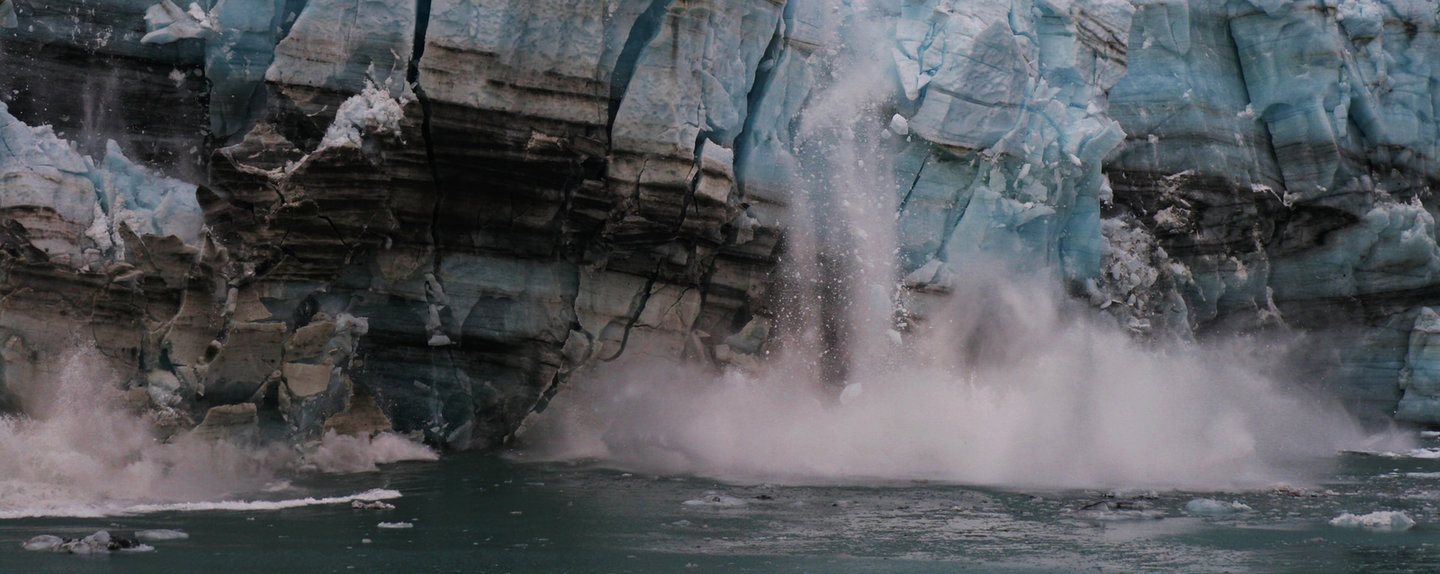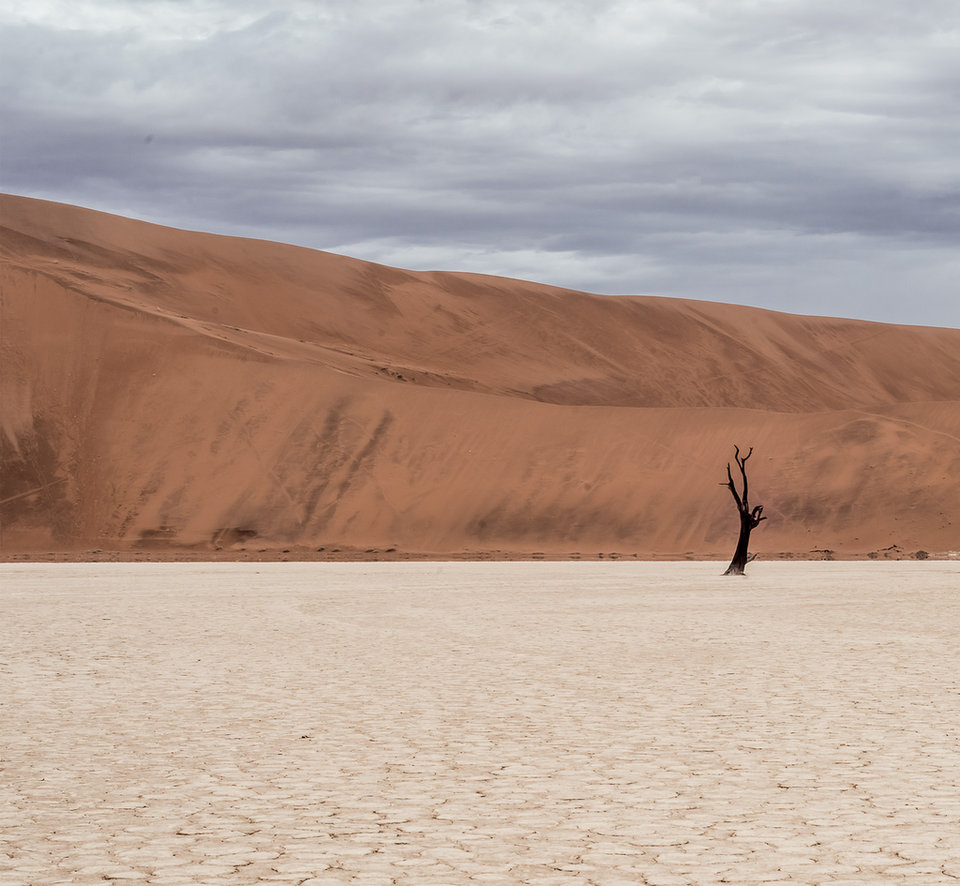
Tech for Good
Technology and the Climate Refugee Crisis
As climate change has an ever greater impact on the world, the number of climate refugees is growing. How can technology help? Lucy Ingham finds out how the area is developing, and what challenges developers, NGOs and non-profits face
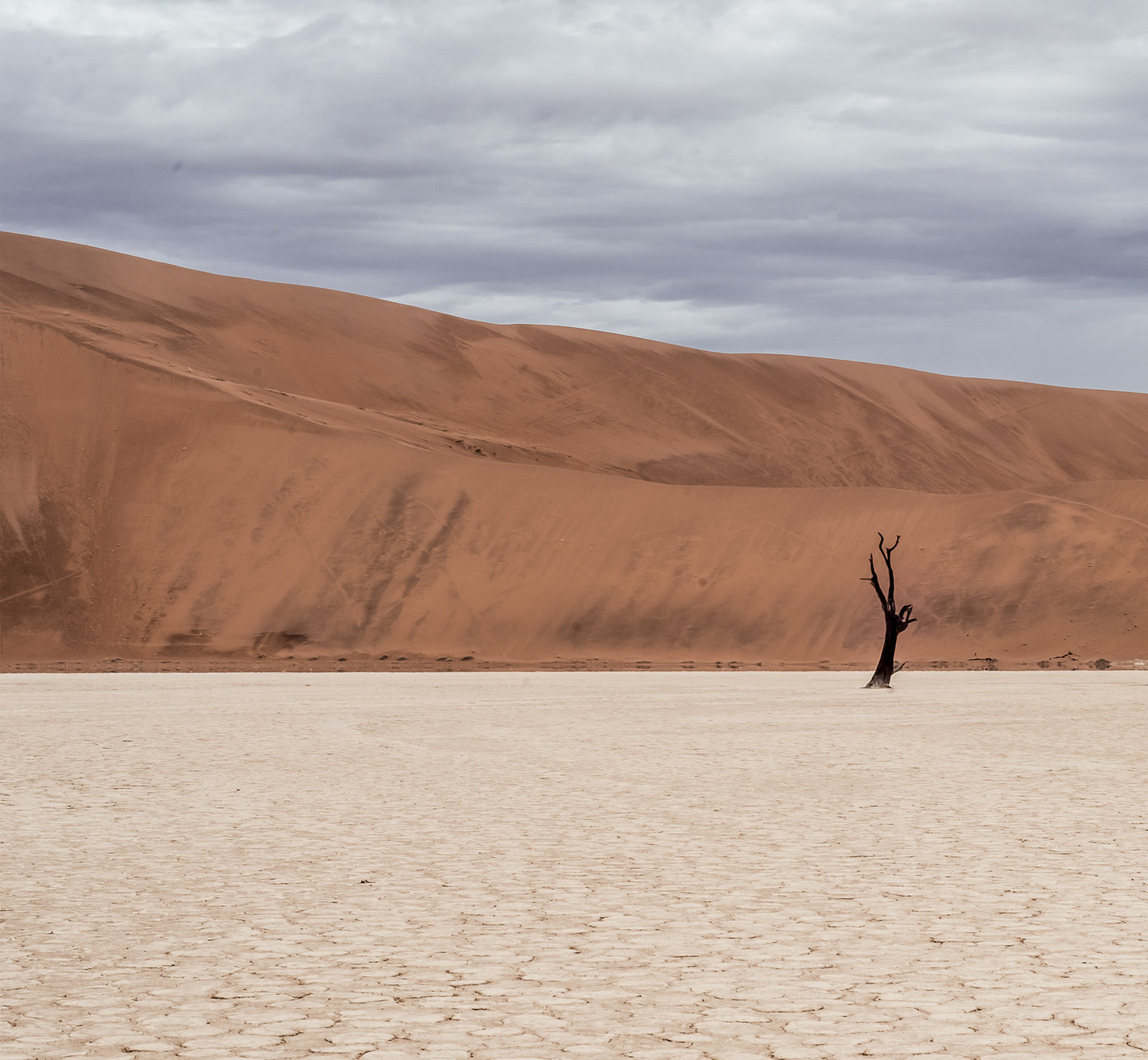
Climate change is likely to be the biggest challenge of the 21st century, and central to that is the displacement of millions from their homes.
“Climate change is affecting people's lives around the world through weather events, particularly droughts, floods, storms, hurricanes, forest fires, etc.,” says Zitouni Ould-Dada, deputy director of the Climate and Environment Division at the Food and Agriculture Organization, speaking at a talk at TNW2020 entitled TechFugees: the great climate migration.
“These events obviously lead to people being displaced from their homes, from their lands, from their countries and this will affect their access to clean water, food, sanitation, energy, education, security, etc.”
This is already a challenge now, but it is set to become increasingly severe over the next years and decades, as rises in temperatures cause ever more extreme weather events and make parts of the world, particularly in some equatorial regions, unviable for human habitation.
“There's going to be going to be an increase in negative climatic events, there's going to be extreme weather events. And this is going to put more and more populations into vulnerable situations,” says Andrew Harper, special adviser on climate action at the United Nations High Commissioner for Refugees (UNHCR).
Using technology to improve threat response
With so many displaced people to support, non-governmental organisations (NGOs) are increasingly looking to technology to help. For many, this has included leveraging smartphones to provide tailored assistance for refugees, but for the UNHCR, says Harper, “it's also to see how we can use machine learning; artificial intelligence’ use of big data, to see how we can anticipate threats”.
“What we want to do is not only continue to provide protection, but to mitigate the need for protection in the future.”
“One of the big issues is often humanitarian agencies react to what's going on. What we want to do is not only continue to provide protection, but to mitigate the need for protection in the future,” he explains.
“We know, for instance, that the dry corridor in Central America is going to become increasingly challenging; the Sahel region, East Africa, you're seeing the onset of not only extreme weather events, but that is the perfect breeding ground for locusts.
“What is that going to be doing to food insecurity? How can we access, not just official data, but how do we crowdsource more, like when people start seeing that there's locusts coming towards their areas? How can we be working to be much more anticipatory of the threats, rather than reactive?”
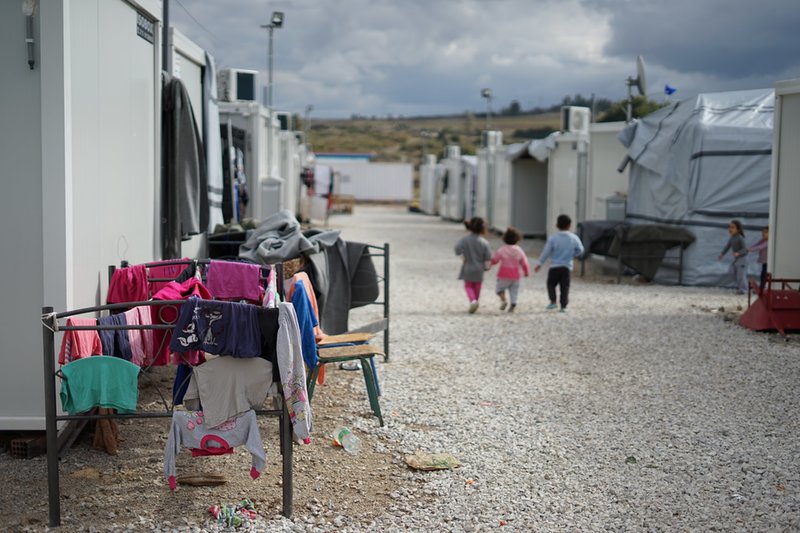
Image courtesy of Julie Ricard on Unsplash
Supporting climate refugees with technology
While technology can provide wide-reaching insights for NGOs when it comes to threat mitigation, it also presents specific benefits for groups of refugees based on their unique needs and challenges.
One organisation in this space is Astra Labs, a non-profit that develops apps for marginalised communities, and according to founder and executive director Amanda Southworth, the key to developing successful apps in this space is collaboration with end users.
“It's really hard to build software that refugees can trust, and overall, it's just really hard to work with marginalised communities if you don’t have insiders or if you don’t really take the time to get to know them,” she says.
“So one of the mottos we have within the context of the company is built with them, not for them.”
Here there are particular concerns about trust, particularly when it comes to privacy and apps developed by for-profit organisations.
“Refugees have got a very high level of understanding of trust, because that trust has often been betrayed from where they've had to flee from.”
“Someone could build an app for refugees, and they can download it, but who's to say that no one's going to be harvesting their data, who's to say that they feel safe using it?” she explains.
This is, says Harper, an issue that refugees are often particularly sensitive to.
“Refugees have got a very high level of understanding of trust, because that trust has often been betrayed from where they've had to flee from,” he says.
“So everything that we do have to be to the nth degree based on credibility, trust, transparency. And what we found in more and more operations around the world is that refugees, as they should, question everything we do, and make sure that there's a value added out of it.”
He points to examples in Syria and Venezuela, where many people circumvented available platforms to use their own methods of information “and to find their own means to survive”, over issues ranging from privacy to accessibility. As a result, he says the UNHCR has had to take an unusually agile approach in using technology to proliferate information, switching platforms as required and making options “interoperable across platforms”.
Emphasising privacy
The importance of privacy in particular has been experienced by Astra Labs, particularly with its mobile app Verona.
“It's basically a security system specifically for marginalised communities, and refugees are one of those groups that we include,” explains Southworth.
“One of the things internally that we've been able to do as a non-profit, is develop a really strong code of ethics: we will never sell your data, we will never harvest your data, for both of our apps, your data will never leave your device.”
“If we continually have hacks, and we continually have breaches, then that trust is just shot.”
However, these policies are only part of the approach. Southworth stresses that it is also important to ensure these are rigidly supported by actions.
“We could say, ‘yeah, we're not gonna sell your data’. But if we continually have hacks, and we continually have breaches, then that trust is just shot,” she says.
“So it's reputation, it's about having ethics, it's about putting those values that you have truly into action. And it's also about like being very choosy about partnerships and the people that we really involve ourselves with.”
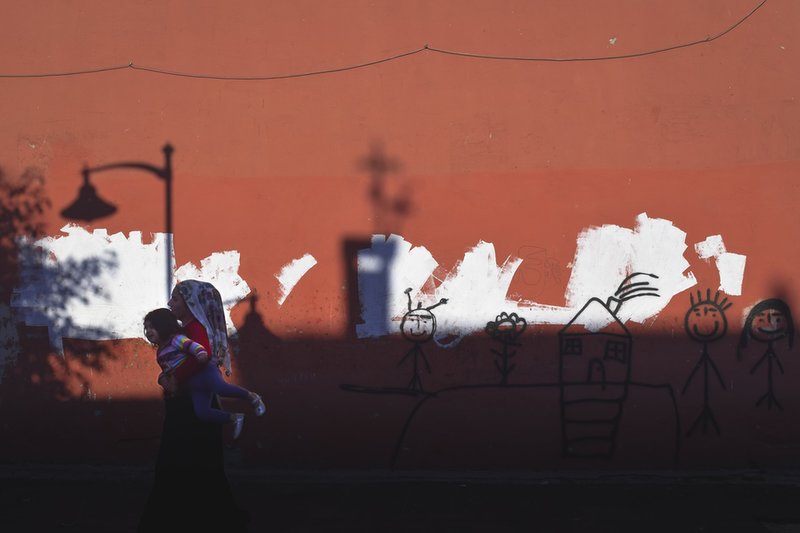
Image courtesy of Rostyslav Savchyn on Unsplash
Part of a wider whole
As much as refugees are in a specific situation, when it comes to technological solutions, Harper stresses that it is important to other them or treat them as a group of people without their own agency.
“Refugees are just like any other populations, and they've got problems, and they've often got good solutions,” he says.
“Very good ideas and suggestions coming from vulnerable groups or groups that do not have the wealth of others are often not taken seriously.”
This is something that UNCHR is trying to change through direct communication with refugees and the creation of innovation forums that provide an environment for discussion.
“it's all about not treating refugees as dependents who rely on others, but to say, how do we facilitate their empowerment? They know what to do, we just need to give them the ability to do it.”
Cover image courtesy of Ivars Krutainis on Unsplash
Back to top
